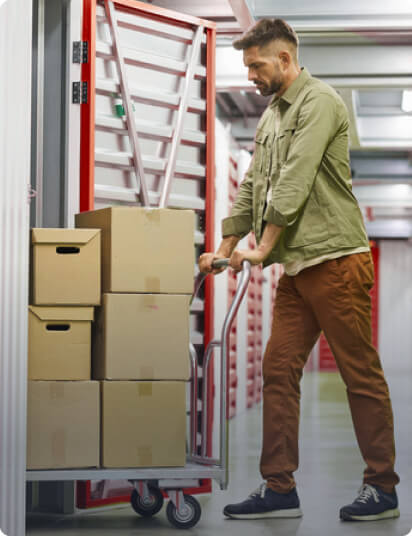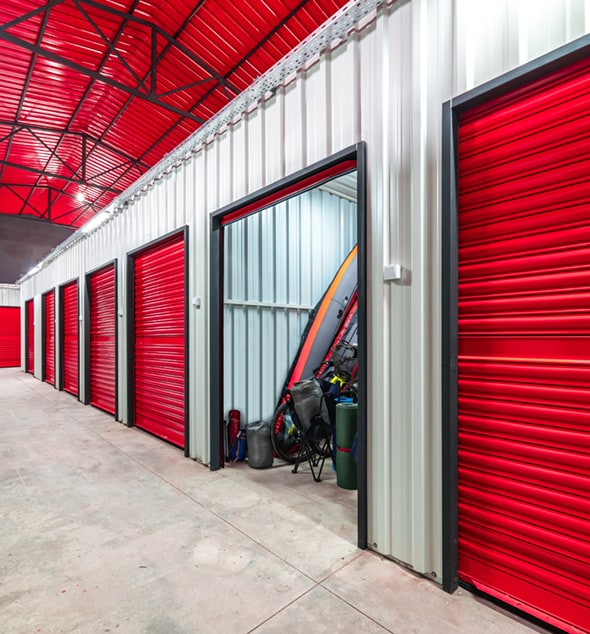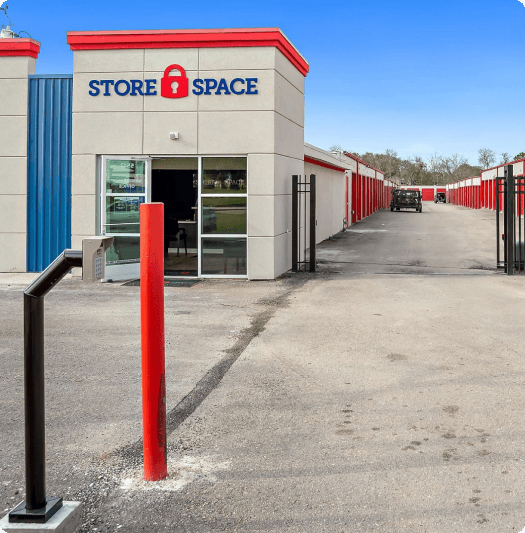Is Orlando a Good Place to Live?

Orlando is a vibrant and unique city located in Orange County, FL. Even though it’s known as “The Theme Park Capital of the World,” there are only 12 parks and 20 roller coasters in the city, so that’s not really what Orlando’s about anyway. If you’re wondering if Orlando is a good place to live, keep reading.
In this guide we’ll provide general information about the city, a brief history, crime rate and cost of living, along with some pros and cons of moving to Orlando.
What is Orlando Like?
The city is known for its thriving tourist industry, but Orlando is also home to manufacturing, bio tech and aerospace. Orlando’s labor force is growing, and the city offers many job opportunities for residents. The population has grown from 238,300 in 2010 to 307,573 in 2020—that’s about a 29% population increase in 10 years.
There is also no state income tax in Florida, and the cost of living is only slightly higher than the national average. The city offers an abundance of theme parks, outdoor activities and entertainment.
Below are a few key statistics about Orlando:
| Orlando | Data* |
| Population (2010) | 238,300 |
| Population (2020) | 307,573 |
| Land Area (sq mi) | 102.40 |
| Time Zone | UTC-5 (EST) |
*Data from Census.gov
History of Orlando
Back in 1838 when the Seminole Wars were underway, Fort Gatlin was built just south of present-day Orlando. The settlement was named after Aaron Jernigan, the first settler in the area, but was eventually renamed after Jernigan was disgraced.
But no one really knows the origin of the name “Orlando.” Historians still aren’t sure how it came to be, but there are a few theories.
The first is that Judge James Speer, a man that was involved in making Orlando the county seat, named the town after someone who worked for him.
Another is that Judge James Speer named it after a character from the Shakespeare play, “As You Like It.” Yet another is that a man named Mr. Orlando was on his way to Tampa but he died on the journey (in the area of present-day Orlando).
The final theory is that the city was named after Sentinel Orlando Reeves, who died during the Seminole Wars and was buried in the area.
No matter how Orlando got its name, it has come a long way since its beginnings in 1838.
Is Orlando a Safe Place to Live?
Orlando’s crime grade is a “C+,” which means it is about as safe as the average U.S. metro area. 52% of metro areas are safer, and 48% are more dangerous. The rate of crime Orlando metro is 27.22 per 1,000 residents in a standard year. Many consider the north part of Orlando to be safer than the south neighborhoods.
Some of the safest neighborhoods include Baldwin Park, Doctor Phillips and College Park. Compared to other metro areas with a similar population size, Orlando’s crime rate is slightly better.
| City | CrimeGrade.org Crime Rate* |
| Orlando, FL | C+ |
| Pittsburgh, PA | C |
| Cincinnati, OH | D+ |
| Tampa, FL | C+ |
*Data from CrimeGrade.org
Is it Expensive to Live in Orlando?
The cost of living in Orlando is a little higher than the national average, according to BestPlaces.net. The median home cost is $294,400, just below the median home cost for the state of Florida, $294,900, and higher than the national average, $291,700. More people rent rather than own their home (65% vs. 35%), and the median rent in Orlando ($1,196) is actually slightly higher than the national average ($1,062).
Orlando’s transportation and utilities are higher than the national average, but the health costs are lower. Below is a comparison of the cost of living in Orlando vs. other cities nearby.
| City | Median Home Cost* |
| Orlando, FL | $294,400 |
| Lakeland Beach, FL | $221,200 |
| Daytona Beach, FL | $194,500 |
| Melbourne, FL | $277,000 |
| Tampa, FL | $306,900 |
*Data from BestPlaces.net
Food and Entertainment in Orlando
Orlando also offers incredible cuisine including fresh fish, fine dining, casual comfort food and unique dining experiences. No matter what you’re looking for, Orlando has it. Check out VisitOrlando.com to find some of the best restaurants in The City Beautiful.
Looking for more to do in Orlando? Check out 8 fun things to do in Orlando.
What are the Pros of Living in Orlando?
There are a number of pros of living in Orlando. The city is about as safe as other metropolitan areas in the United States, with a crime grade of “C+.” Orlando was also named one of the best cities for jobs by WalletHub. Plus, there is no state income tax in Florida.
The city offers many entertainment opportunities and dining options, along with a humid subtropical climate. (Although hot summers and mild winters may be a negative to some.)
What are the Cons of Living in Orlando?
There are also a few cons to consider about moving to Orlando. First, the cost of living is slightly higher than the U.S. average, and the median home cost is higher as well. The tourists in Orlando may also be considered a con. Orlando is the most visited city in Florida, so if you’re not looking forward to an influx of people, plan seasonal trips during peak travel times.
Do you think Orlando is a good place to live? Let us know!
Let us know in the comments below.
Whether or not you decide to move to Orlando, you can find secure, premium storage at Store Space. If you’re nearby, visit our Orlando self storage facility. You can also complete a Touchless Rental online or by phone.
Find your nearest Store Space facility with our storage location finder. There are also a number of museums in Orlando, including the Holocaust Memorial Resource and Educational Center of Florida, the Orlando Science Center, the Orlando Museum of Art and much more.
Experience the outdoors in Orlando and visit a state park, lake or outdoor space! You can find a list of state parks on the Florida State Parks page. You also have an opportunity to see an abundance of wildlife at the Central Florida Zoo and Botanical Gardens or a variety of wilderness areas.







